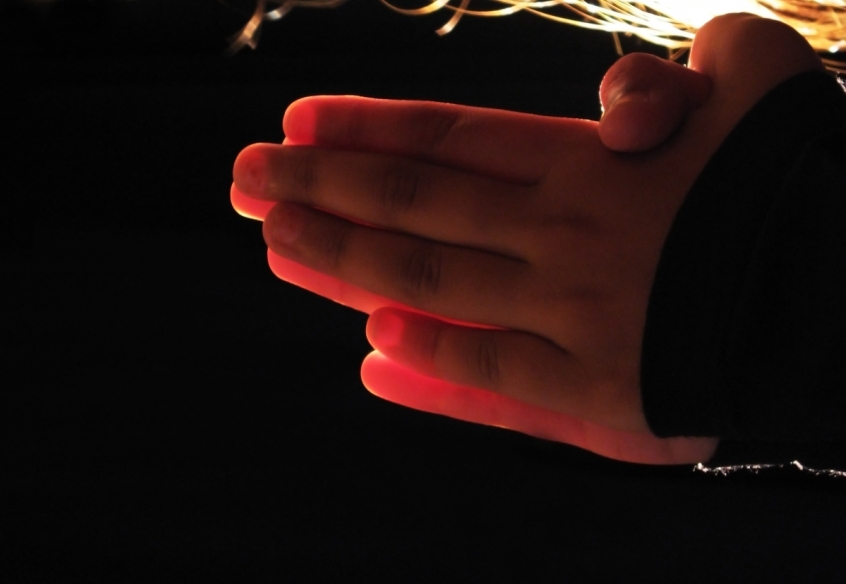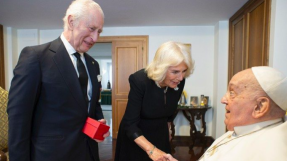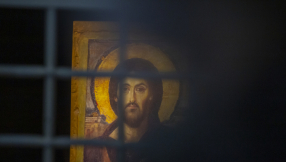If religious school assemblies are scrapped there should still be a legal requirement for an act of "collective spirituality", a leading education lawyer has argued.
There is growing speculation that an influential report on religion and public life will endorse calls for collective worship in schools to be ditched.
The report of the Commission on Religion and Belief in Public Life will be released next week.

The Woolf Institute report is expected to make several recommendations around the role of religion and faith in schools.
There is wide support for a change in the current legal requirement for an act of collective worship in schools. Currently, community schools must have worship of a "wholly or mainly of a Christian character" and in faith schools the worship must be in line with the trust deeds. Parents have the right to withdraw their children from lessons and acts of collective worship at all maintained schools, including faith schools.
The latest non-statutory guidance on the law was published as far back as January 1994, and states that the collective worship in schools "should be concerned with reverence or veneration paid to a divine being or power". The obligation to have a collective act of worship began with the 1944 Education Act and has remained in subsequent legislation.
Lee Coley, a specialist in education law with Stone King, writing for Frank Cranmer's law and religion website this week, says: "The perennial question, however, is whether it is appropriate for such an obligation to exist at all, or for it to be linked to worship broadly of only one faith in a pluralist society of many faiths and belief systems."
Last month another report into collective worship noted "that the duty to have a daily active collective worship is only observed in the breach and, therefore, that reform is long overdue," writes Coley. He notes that the original obligation "was a response to the moral and spiritual crisis brought about by World War II".

Coley continues: "The obligation on community schools to have collective worship of a broadly Christian character has been divisive since the Education Reform Act 1988, when the requirement for collective worship to be of 'a broadly Christian character' was introduced. The need to have collective worship per se has not been so controversial: it is not intended to be the equivalent to confessional worship but creative of a sense of community within the school and recognition that individuals are part of a wider collective, a part of a wider more order."
Coley continues: "If the requirement for community schools to have collective worship of a broadly Christian character is going to be, or should be, amended, it is arguable that there should in its place be a framework for still having some form of required collective spirituality which allows for individual school context."
He says any change will require primary legislation as well as consultation with the various stakeholders. "This would undoubtedly take some time and is unlikely to be a high ministerial priority."
In the context of concern about radicalisation, allowing governing bodies to determine for themselves what "collective worship" means may cause more problems than it is intended to solve, he suggests. "Leaving the system as it is, though unsatisfactory from a purist's perspective, at least means – perversely – that everyone knows where they stand."














